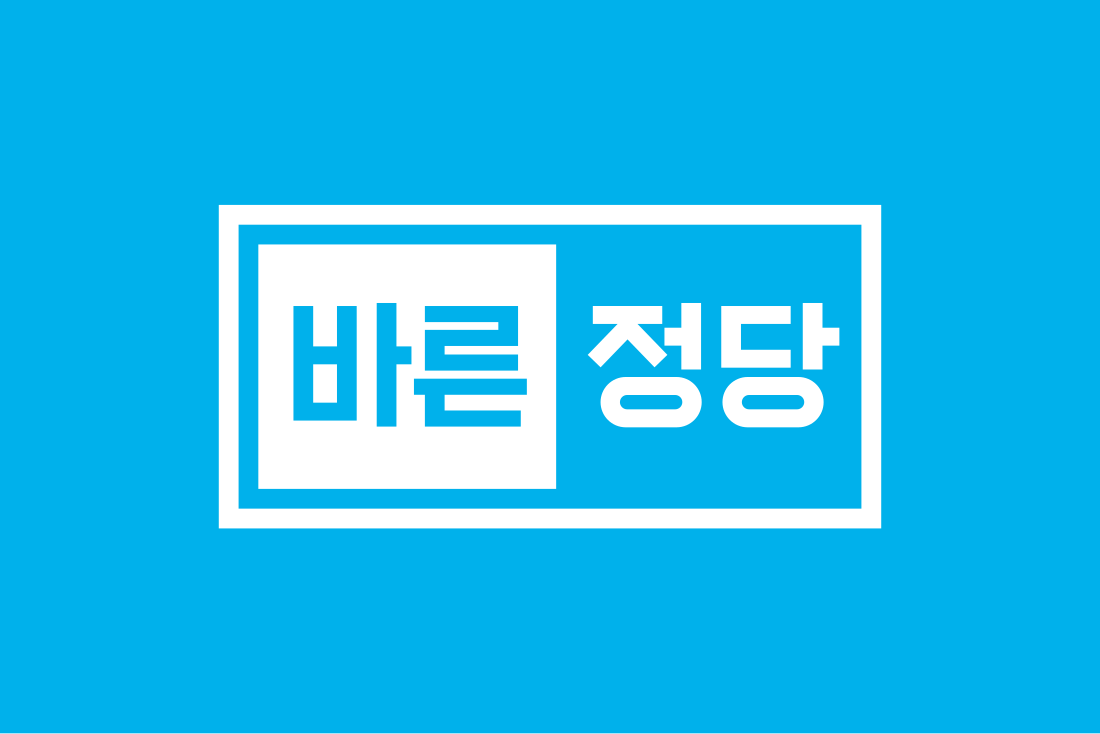Top Qs
Timeline
Chat
Perspective
Bareun Party
2016–2018 political party in South Korea From Wikipedia, the free encyclopedia
Remove ads
The Bareun Party (Korean: 바른정당; lit. Righteous Political Party) was a conservative[2][5][6] political party in South Korea, announced on 27 December 2016 with the defection of 29 anti-Park Saenuri Party lawmakers. It was known as the Conservative New Party for Reform until 8 January 2017.[7]
You can help expand this article with text translated from the corresponding article in Korean. (December 2016) Click [show] for important translation instructions.
|
Remove ads
History
The party was formed amidst a faction feud in the Liberty Korea Party (then Saenuri Party) involving pro and anti-Park Geun-hye forces.[8] The party began as a parliamentary negotiation body that split from the Saenuri Party in December 2016, and became a party in January 2017.[8]
Merger
In January 2018, the party's leader, along with the People's Party leader Ahn Cheol-soo, announced their plans to merge the two parties, in an effort to bolster the two party's parliamentary standing ahead of local elections in June.[9]
The merger faces opposition from members of both parties, citing concerns over differences in ideology and policy, particularly over differing stances on dealing with North Korea.[9] Nevertheless, the party approved the merger plans on 5 February 2018.[10] The merger is expected to be finalized on February 13.[11]
Remove ads
Defections
During its existence, the party suffered from a spate of defections.
2017
By April 2017, the party had already lost 14 lawmakers.[12]
In May, a week before the presidential election, 13 lawmakers affiliated with the party announced their decision to defect and return to the LKP.[12] The decision came after the party's presidential candidate, Yoo Seong-min, declined to join forces with LKP's Hong Joon-pyo and PP's Ahn Cheol-soo and field a single presidential candidate.[12] The defection left the party with just 19 seats in the National Assembly, one short of the 20 required for a political party to be recognized as a negotiating body.[12]
Ahead of a leadership contest in November 2017, an additional eight lawmakers defected, and rejoined the LKP.[13] The eight lawmakers were later joined by the party's floor leader, Joo-Ho-young.[14]
2018
On 9 January 2018, lawmaker Kim Se-yeon,[15] Gyeonggi Province Governor Nam Kyung-pil,[16] and lawmaker Park In-sook[16] defected from the party, all of whom rejoined the LKP.[16]
Remove ads
Electoral results
See also
References
Wikiwand - on
Seamless Wikipedia browsing. On steroids.
Remove ads


